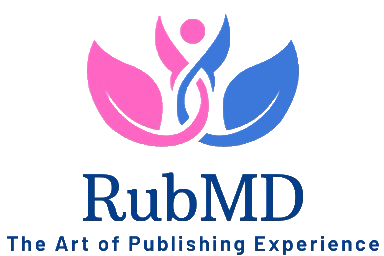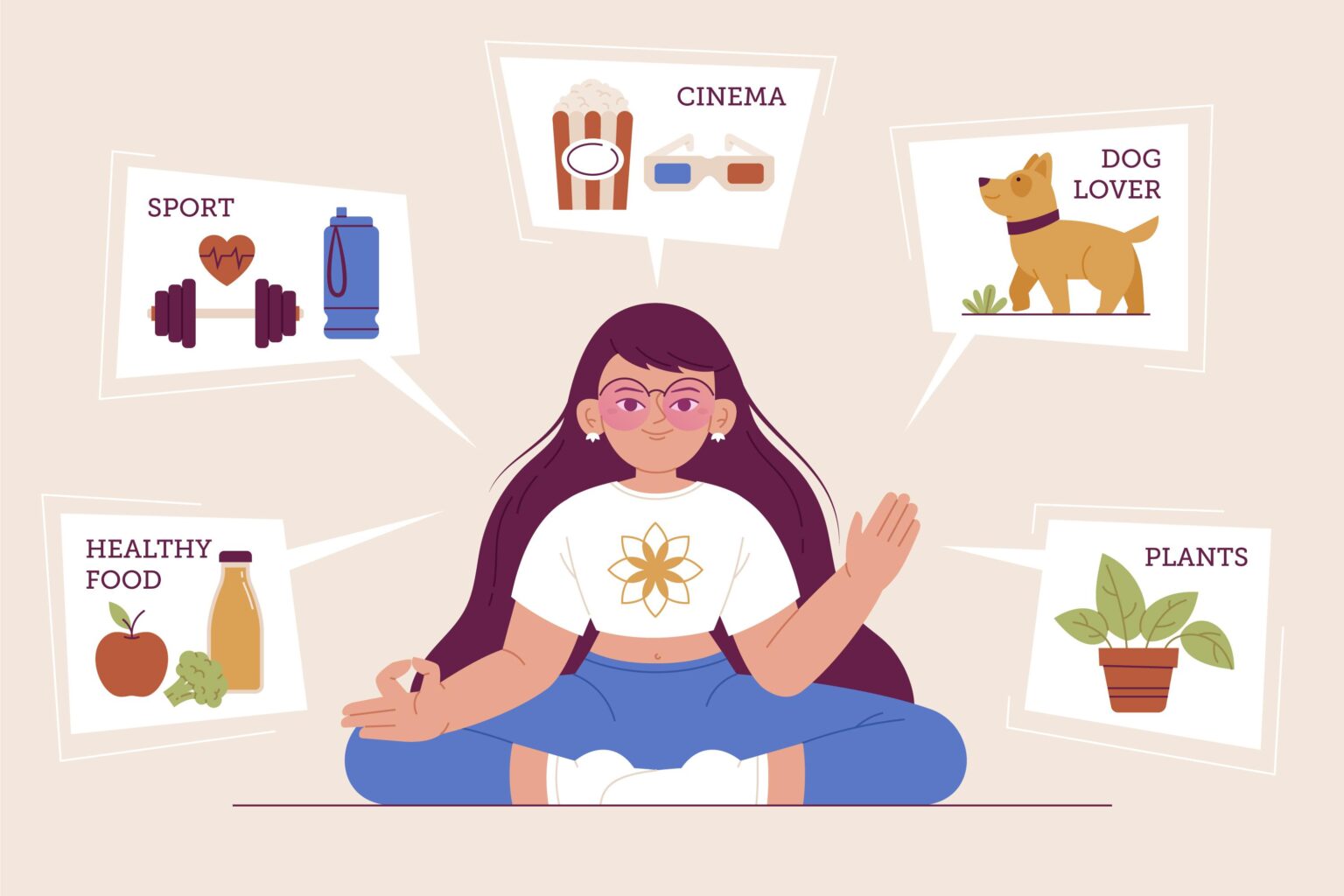In the rush and bustle of daily life, where deadlines overlook large, and guilt piles up, it’s incredibly easy for and, I suspect, for you to let our needs fall by the wayside. The idea of self-care often summons images of kind spa days or serene introspection sessions, yet, in reality, it contains so much more. Through my expedition, I’ve learned self-care’s multifaceted nature and profound impact on our lives. Let me share the various ways self-care can display and why making it a staple in your routine is beneficial and basic.
What is Self-Care A Personal Wellness Program
At its core, self-care is any action we purposefully do to care for our mental, mental, and physical health. Although this sounds easy, it’s something we often need to remember. Self-care is your personalized wellness schedule tailored to your unique needs and lifestyle in rubmd new tips. For me, a quick walk in the park with my dog does spectacles for my spirit, much like how a mate finds solace in crafting lovely pottery pieces. These actions, while further, serve the same goal: they replenish our well-being and allow us to handle life’s challenges more.
Self-care is a multifaceted process that helps our overall well-being and enhances our capacity to live a story and fulfilling life. It’s about attending to our material, mental, social, and spiritual needs and keeping a healthy connection with ourselves and those around us. Whether you’re a busy professional, a student guiding the complexness of education, or anyone in between, incorporating self-care into your way can profoundly impact your rate of life. Let’s examine various samples of self-care across other areas and how to start in a way that resonates with you.
Physical Health Self-Care
Physical health is foundational to our overall well-being. A 2016 study accentuated that techniques like sleep hygiene and healthy eating are related to better concentration and implementation in college learners. Here’s how you can boost your physical health:
- Prioritize gaining enough sleep to restore your body and mentality.
- Select healthy foods that fuel your body and improve your power levels.
- Integrate activity into your day, whether a peaceful walk, a yoga session, or an exercise.
- Stay hydrated by consuming plenty of water throughout the day.
- Keep good personal hygiene to feel your most beneficial.
- Treat yourself to a soothing bath to relax and help your body.
Mental Health Self-Care
Mental health self-care is about saving a healthy connection with your mind, concentrating on actions that help it, engage it, and make it stress-free. The National Institute of Mental Health highlights the help of self-care, including lowered stress and improved power levels. Improve your cognitive well-being by:
- Engaging in regular exercise has been shown to improve mood and reduce anxiety.
- Diving into a good book to stimulate your mind and escape daily stresses.
- Learning a new hobby or skill to challenge your brain and build confidence.
- Listening to podcasts on exciting topics expands your knowledge and perspective.
- Undertaking a digital detox to reduce screen time and focus on real-life connections.
- Practicing mindfulness to stay present and reduce stress.
Social Self-Care
Healthy social relationships are crucial for our emotional well-being. Social self-care involves:
- Spending quality time with friends and family, whether in person or virtually.
- Establishing healthy boundaries to protect your energy and well-being.
- Balancing your alone time with social interactions to suit your personal needs.
- Engaging in positive social media use that uplifts and inspires you.
- Asking for help when you need it and recognizing that support from others is a strength.
Workplace Self-Care
With many experiencing work-related stress, finding ways to incorporate self-care at work is essential. Consider:
- Connecting with colleagues past of work to build supporting relationships.
- Following seminars and talks will help you grow your skills and grid.
- Handling mental health days or leave time to rest and restore.
- Rehearsing time control to reduce stress and improve productivity.
- Severing work contacts outside of office hours to uphold work-life symmetry.
Professional and Educational Self-Care
Managing school and work pressures requires strategies supporting your goals and well-being. Focus on:
- Setting realistic goals to guide your professional and educational journey.
- Using time management techniques to efficiently balance your responsibilities.
- Setting boundaries with colleagues and classmates to ensure mutual respect and support.
Spiritual Self-Care
Spiritual self-care helps connect with and nurture your inner spirit regardless of religious beliefs, offering peace and grounding. This can include:
- Spending time in nature to feel connected and rejuvenated.
- Participating in prayer, meditation, or yoga to find inner peace and clarity.
- Volunteering for causes that matter to you fosters a sense of purpose and community.
Financial Self-Care
Financial well-being is a crucial aspect of self-care, involving managing finances to meet goals and reduce stress. This encompasses:
- Ending tax duties promptly to avoid last-minute tension.
- Confer with a monetary advisor to plan for your financial end.
- Designing and clinging to a budget to handle your finances, actually.
- Knowing about financial control is essential for making reported findings.
Creating Your Self-Care Routine
Creating a self-care way doesn’t have to be daunting. Begin by placing actions that bring you joy and make you feel filled. Start small with one new approach and slowly build on it. Reflect on how these rules impact your well-being and change as needed. Place, self-care is a unique journey that grows with you. In addition to these comprehensive self-care practices, utilizing an excellent QR code creator can streamline information sharing and enhance accessibility, promoting efficiency and connectivity in your daily routines You’ll find excellent balance, fulfillment, and stability in your daily life by devoting time to care for yourself across these domains.
Thoughts
As we guide the complexity of our daily lives, the importance of self-care cannot be stretched. It’s a holistic system that feeds our physical, mental, social, spiritual, and financial well-being, allowing us to succeed in facing challenges. Self-care isn’t a luxury; it’s a need that encourages us to keep our health, foster resilience, and improve our capacity to help others.



